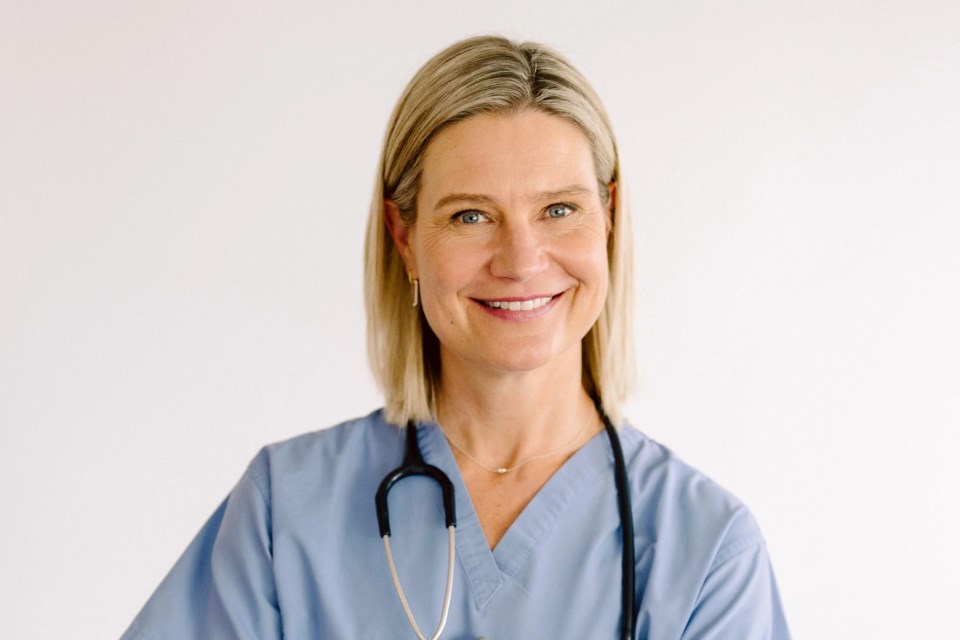Ontario's LGBTQ+ community was not properly cared for during the pandemic, said the Ontario Medical Association (OMA) during a Zoom news conference last week.
The event was chaired by Dr. Rose Zacharias, the new president of the OMA, who said many health challenges experienced by all Ontarians were made worse by the pandemic, but especially so by those in the LGBTQ+ community.
"Members of this population have worse health outcomes than their heterosexual and cisgender counterparts. Factors include high rates of stress due to systemic harassment, social stigma and discrimination, and a lack of LGBTQ specific health information, according to Rainbow Health Ontario," Zacharias said.
She added that the shortcomings in health care could even be worse in remote parts of Northern Ontario where health services can be difficult to access because of distances, and in areas already facing a shortage of doctors.
Zacharias spoke with a panel of other Ontario physicians who specialize in providing care to the LGBTQ+ community and advocating for better services to those members of the population across Ontario.
One of those was Dr. Ed Kucharksi, chief medical officer at Casey House, a specialist hospital in Toronto for people living with or at risk of HIV.
He said he would not have a full sense of working in a remote community, but he said many of his patients had moved out of the city during the pandemic. Kucharski said there could be challenges in accessing a new health care provider in areas outside of big cities, because many physicians have retired.
"The other thing is, you know, caring for our patients in a competent manner from a cultural competency, or sometimes we even say cultural proficiency. And having that knowledge, skills and judgment to care for LGBTQ people may be lacking," Kucharski said.
He added though that Rainbow Health Ontario has reached out to smaller communities across Ontario to build the knowledge community and that he was pleased about that.
"I think we're doing a much better job. But I think in general, whether you're LGBTQ2 or not, just getting access to health care in those rural communities is going to be a challenge," Kucharski added.
Another issue of discussion was whether there is a role for Ontario's medical schools to address the needs of the LGBTQ+ community.
The issue was addressed by Dr. Amy Bourns, a family physician at Sherbourne Health Centre in Toronto and faculty lead for LGBTQ health education at the University of Toronto Faculty of Medicine.
Bourns said her answer was an unreserved yes.
"If it is communicated to students and trainees early in their training, that there's an expectation that we will be able to provide culturally and clinically competent care to patients, regardless of their sexual orientation and gender identity, then I think that lays the foundation." Bourns said.
She said there cannot be, for example, the assumption that transgender care lies only in the hands of specialists. Bourns said there are younger people and students who keep pushing forward to fill the gaps in education.
"But I think it's really also incumbent on staff and faculty to push forward ensuring these competencies are taught in medical school, and in residency programs. And right now, there doesn't exist any kind of national standard as to what those competencies might be. And every school is left to decide what they choose to teach on this topic," Bourns said.
She added that as a medical educator in family medicine, she teaches resident graduates enhanced skills in the area of caring for to LGBTQ people.
As the Zoom event wrapped up after one hour, Dr. Zacharias reminded the group there is still a backlog of 22 million medical procedures outstanding in Ontario as a result of the pandemic. She said it is a major concern for the OMA and that physicians across the province are struggling to overcome it.
